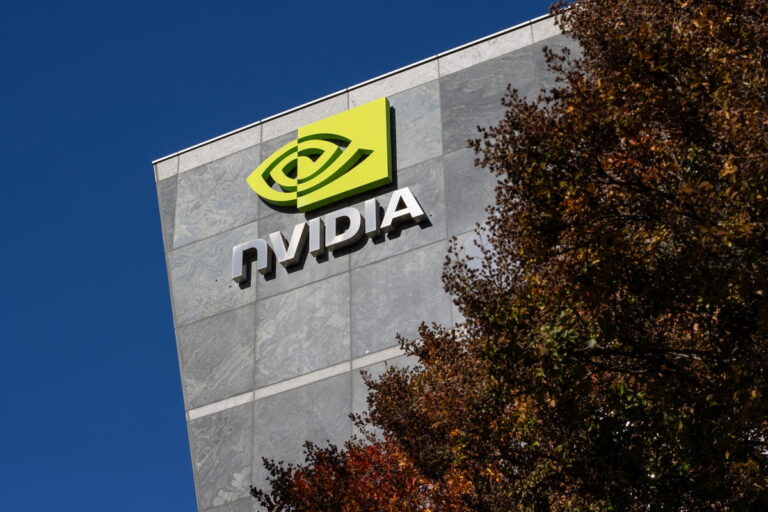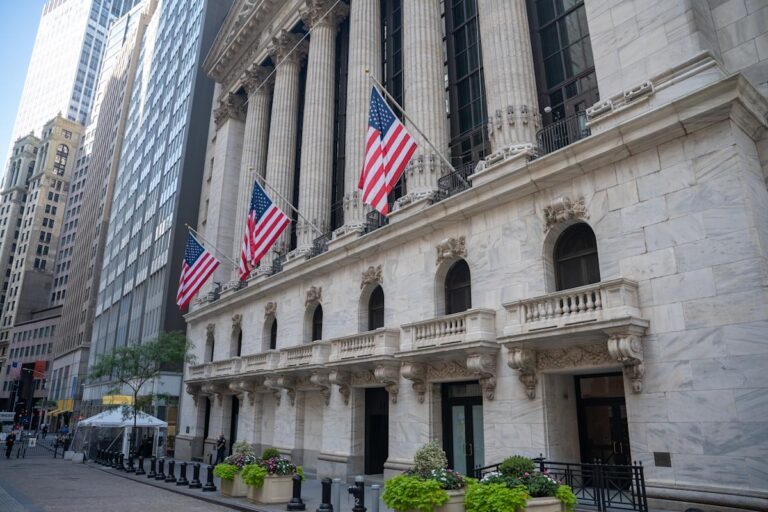
Top 5 Woman in Blockchain, Michelle O’Connor says she’d discuss the upside of regulation all day, every day, if she could! | Credits: Shutterstock
In a world where the crypto space is still shaken by scandals and volatility, Michelle O’Connor’s voice rings with authority. As a Top 5 Woman in Blockchain, Board Chairwoman for The Association of Women in Cryptocurrency, and US Ambassador for the Global Blockchain Business Council, she brings deep insight to a pressing question: how does crypto move from niche to mainstream?
“Compliance isn’t a checkbox – it’s a competitive advantage,” O’Connor said in an exclusive interview with Euro Weekly News.
“We need to shift the narrative. For crypto-native exchanges, payments innovators or Fortune 500s exploring digital assets, demonstrating transparency and compliance is what separates survivors from casualties,” O’Connor stated. For Michelle, who is also TaxBit’s VP of Global Market Expansion and Innovation, that is not a burden – it’s an invitation. And the numbers back it up.
The global crypto market continues to grow
The global cryptocurrency market is nearing $3 trillion in value, with over 14 million coins now in circulation, according to CoinMarketCap.
Adoption continues, with more than 28 per cent of adults in the United States owning cryptocurrencies, although 76 per cent say it has a positive impact on their lives. According to NFT Evening research, US crypto owners could reach up to 70 per cent this year.
Despite all these optimistic stats and numbers, the US still lacks a unified regulatory framework. However, bills like FIT21, passed in Congress in May 2024, aim to give the CFTC authority over digital commodities and the SEC over securities.
Across the Atlantic, the EU took decisive action with its MiCA (Markets in Crypto-Assets) framework, a comprehensive regulation that has been effective since December 2024 across all member countries. Japan and Switzerland also offer strong, clear rules. Contrast that with China’s ban or India’s push-pull policy, and the global regulatory map is a patchwork.
Turning a challenge into simplicity
Michelle told EWN that she supports and is highly optimistic about the EU’s DAC8 and the OECD’s Crypto-Asset Reporting Framework (CARF), which covers over 65 jurisdictions. She elaborated: “Come January 2026, DAC8 and CARF hit. Suddenly, every platform dealing in crypto has global reporting obligations. And there are platforms out there that turn this challenge into operational simplicity.”
O’Connor’s words build on what analysts, including PwC, FSB, and FATF, have been saying for months: crypto needs a solid regulatory foundation to mature. And market sentiment supports her view. Data from the newswire Axios shows that over 90 countries have adopted cryptocurrency rules since 2014, with 28 countries adopting them in 2022 alone. In parallel, a 2023 Deloitte analysis noted that trust in crypto has dropped to 32 per cent, citing compliance gaps and ethics.
We asked crypto-native leaders for their take. “Regulation gives us room to play ball,” said Alex Thorn, CEO of VitalX. “We get audited, we get certified—and that builds trust with mainstream investors.” Meanwhile, Italy’s Susi Rossi, head of a blockchain payments startup, added: “We can’t wait for permission. But we should want certification.”
Michelle sees a bright future once the regulatory blocks are removed. “We’ve proved you can build integrity into crypto. Fast, transparent transactions, full tax reporting, KYC built in – it’s about turning reputation into adoption. PayPal and Uphold are a clear example of how positive that is for adoption.”
To illustrate, she highlighted how Metaverse.gov and other institutions seek digital asset frameworks with strong compliance. That aligns with sustained growth: while US proposals, such as FIT21, advance cautiously, the EU leads the way under MiCA, and regions like Dubai have established singular virtual asset regulators.
Regulatory compliance is a superpower
Her final message sums it up: “Regulation stabilises the field. It gives homes to fintechs, platforms, and exchanges. It places boundaries that let innovation breathe, rather than get strangled by uncertainty.”
They are not alone. Revolut is a prominent fintech company that began by providing global banking services and currency conversions in a highly regulated financial industry, making it a perfect example of KYC-AML-based services that are driving crypto adoption. Its crypto services division has reported record profits this year, and is now aiming to expand its digital assets offering to take crypto derivatives from “zero to scale”.
As the industry stands at a crossroads, Michelle’s position is clear. Crypto will only mature when transparency, tax fairness, and user protection are central, not optional. In short, compliance is not a lid on innovation – it’s the framework that enables the entire ecosystem to flourish.
“Compliance isn’t a checkbox, it’s a competitive advantage,” she reiterated. “It’s time to shift the narrative. Regulatory compliance shouldn’t be seen as a hurdle – it’s actually a superpower.”







